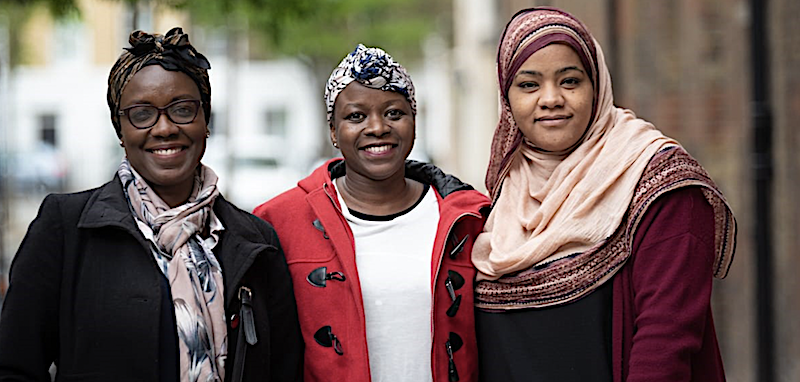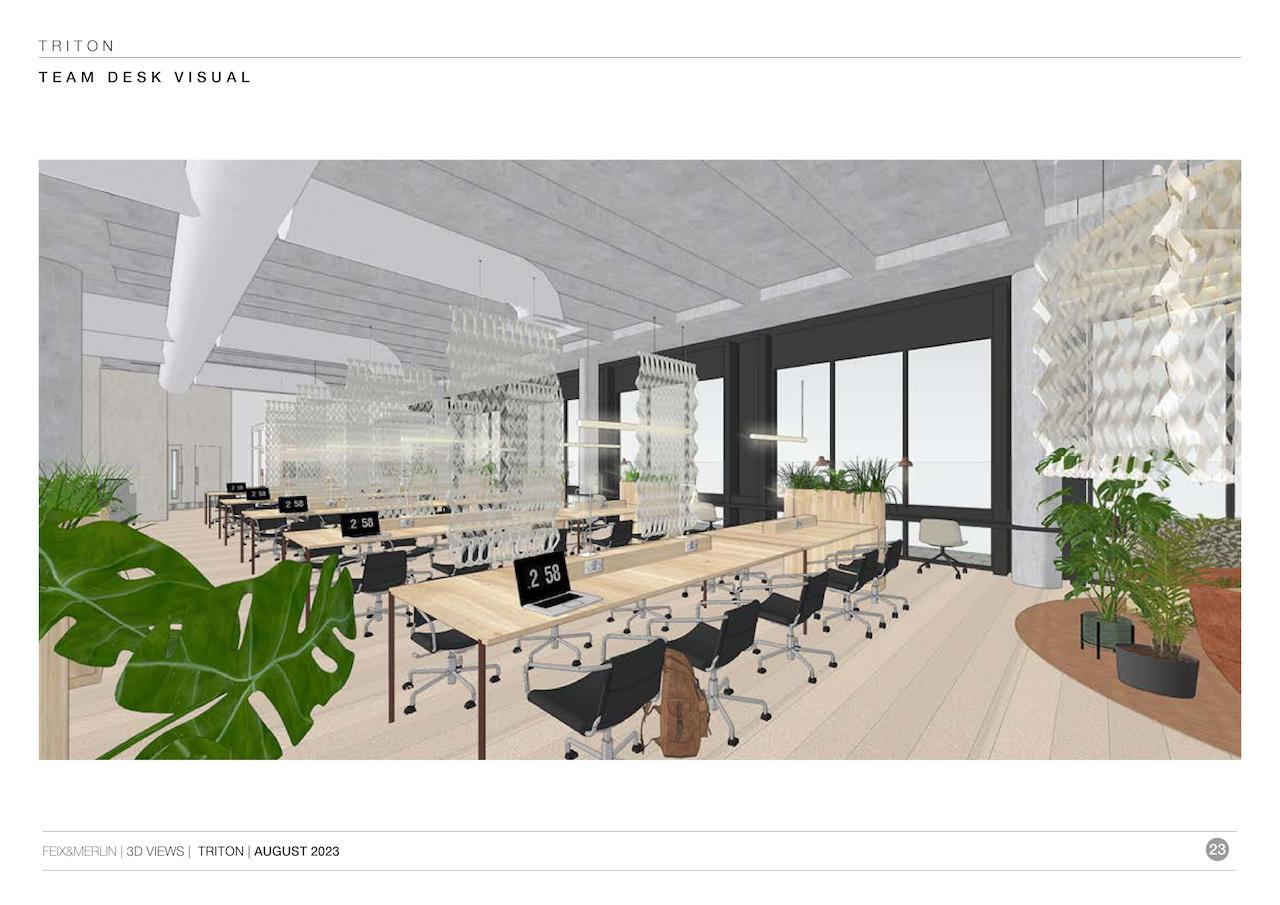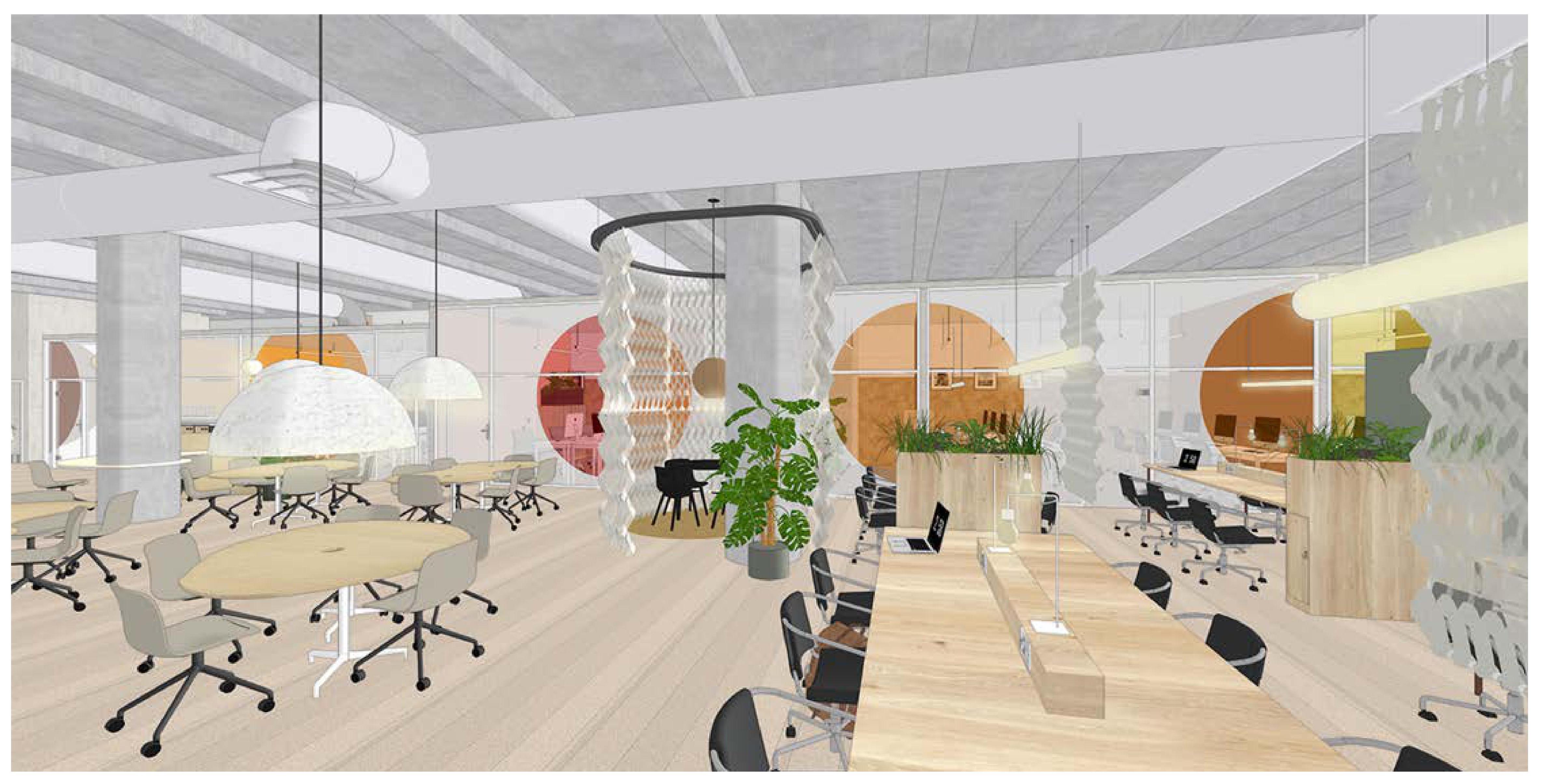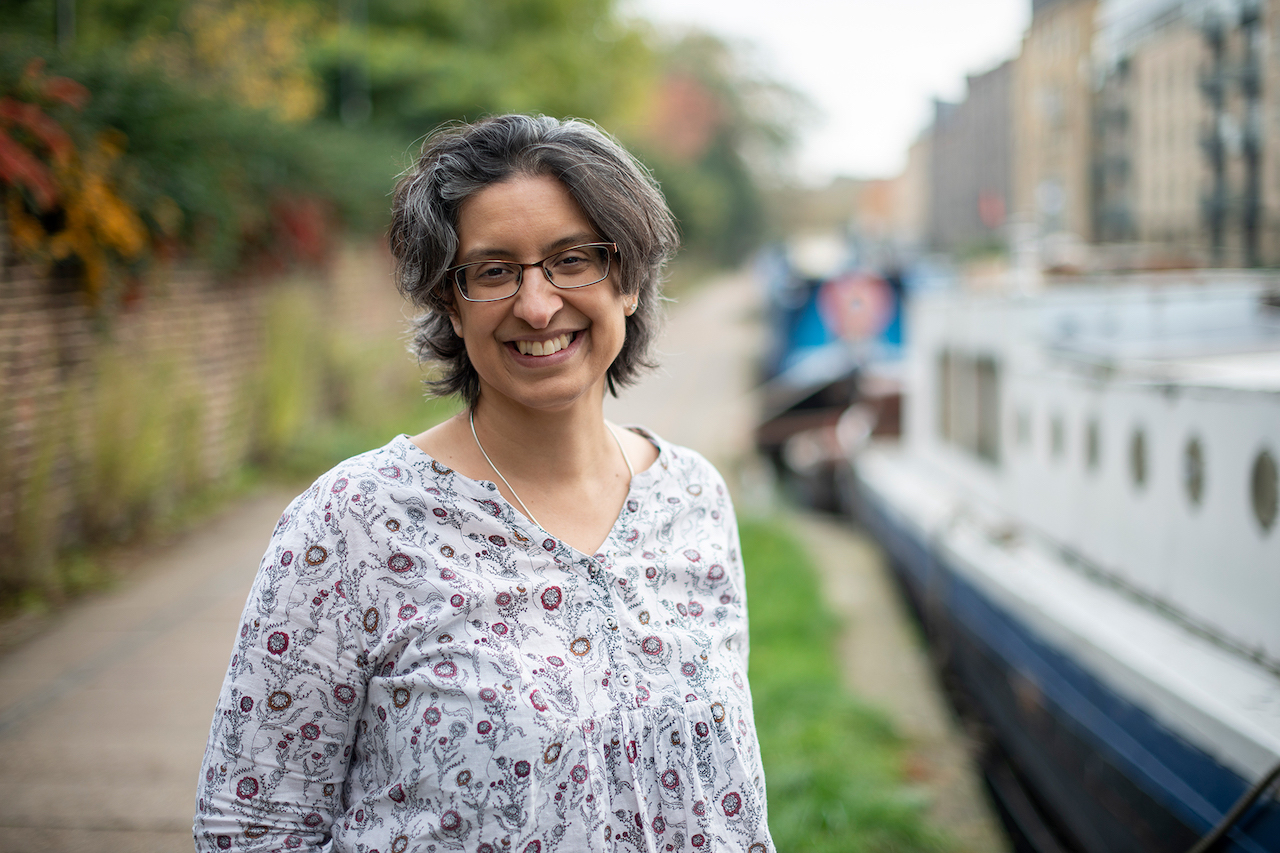Post
Reaching London’s underserved communities is Impact Hub’s mission
19 Feb 2024
In London, the average cost of office space varies between locations, ranging from £400 to £1,000 per month, according to a Flexioffices survey. This prices out many underserved communities in London, who are finding it increasingly difficult to get a toe-hold in starting their businesses as well as access to funding.
Impact Hub and London’s Knowledge Quarter’s new workspace at Regent’s Place, Euston, is targeting this particular demographic, offering affordable and accessible workspaces to the local community from April 2024.
One such business Impact Hub has helped is Kina Mama, a home delivery service of healthy organic food to new mums; postnatal and breastfeeding, in borough of north Kensington and Chelsea.
Check out our rundown of upcoming events
Grenfell survivors Munira Mahmoud, Lillian Olwa and Jaipreet Bharj were key in bringing hope to their community after the devastating loss of neighbours and friends. Now they are working together to support their community through their business Kina Mama.
“When I had my son I couldn’t eat the food in the hospital. Not because I’m the best cook in the world, but because it didn’t appeal to me at all. The big aim for Kina Mama was to deliver healthy and nutritious food to new mums in hospitals. How we are approaching social impact is different. We all have a connection whereby we really help and motivate each other, and you have to be motivated in order to start a social business.”
Subscribe to the London Society newsletter
Devi Clark, managing director at Impact Hub London explains how the London Euston location will foster collaboration, and promote socially and environmentally beneficial innovation.
How do you define community?
If you bring people together, there's a power in community, there's a power in being amongst other people with shared values. People naturally start to collaborate, understand each other and support each other and you have a peer group, instead of feeling isolated. We've become experts in co working and flexible office space. The core of what we do is investing in community building.
Community is about connecting to the people in our locality. And really being rooted in that locality. Within the Knowledge Quarter, the idea is that we connect large companies to our local communities.
Who are you collaborating with?
We will be working in partnership with Knowledge Quarter very, very closely. When we talk about community, we want to connect local residents, people from local housing estates people but also people from larger organisations such as the Googles of this world.
It’s really about how we build bridges. In our space, we will be offering some free memberships to local residents in particular, people from underserved backgrounds, and also startup businesses.
And also, we're planning to host events across the board with different sized organisations. Particularly in life sciences, we've been in conversation with MSD, a pharmaceutical company, AstraZeneca and others.
How do you get on with your landlord?
British Land is our landlord and they've been super helpful to us. It’s very much a collaboration with them. There is an obligation, a Section 106 (a legal agreement between a planning authority and a developer, supporting training initiatives, for example.) But I have to say, to be really fair to British Land, they go way further than their obligations. They’ve been really proactive in making it work for us financially and in terms of the design. This is a building which is BREEAM Outstanding. They have introduced potential members asking if they want to work with us on an ongoing basis. It feels like we are really good trusting partners.
How do you reach underserved communities?
We go into local communities, to help people to create their own entrepreneurial solutions, which often are social enterprises. We support people with practical knowledge, social capital, connections to investors, and those with expertise and technological knowledge about starting a businesses with a social purpose.
We have run programmes for people who've experienced homelessness. We've run entrepreneurship programmes for refugees, migrants and those from lower socioeconomic backgrounds with disabilities.
We recently ran a programme called the Circular Startup, which is all about circular economy businesses, but for people from lower socio-economic backgrounds. We go out into housing estates and community groups, asking what is it you want from this programme? What barriers are you facing that is stopping you from participating?
With our programme that we ran for those with homeless experience, people didn't have to fill in an application form at all. We partnered with crisis the charity, and they refer people to us.
Are you offering grants and special rates?
At Euston we will be offering Camden residents who meet our eligibility criteria free workspace for six months.
What other help do you offer?
There’s One-to-One coaching sessions, with relevant industry mentors and workshops on various different topics, plus access to investors. We always try to help them start trading and not just make it theoretical.
What have you done in terms of accessibility?
There is an accessible toilet and all the space in the corridors is wide. We are currently discussing whether we use Braille or raised lettering. We want to get the right kind of lettering so we've really tried to think about all of that.
What are the key criteria for companies you work with?
We are looking at inclusive entrepreneurship or inclusive innovation. Secondly, climate. Thirdly, health, again, mainly around inclusive health, and things like the health gap between the richest and poorest, which in Camden is about ten years. So around climate, we're very interested in attracting people who are working around climate issues and climate entrepreneurship.
Last week, in our King's Cross space, we have a group called ClimateHack London, and they have some really interesting speakers including people who are experts in net zero energy.
We've also done a huge amount of work around food, which is a health issue and I think a lot of people aren't aware of this. Also, food is one of the biggest drivers of planet carbon addition. We've been partnering with the Food Ethics Council we've run events with food talks quarterly for about 10 years now.



